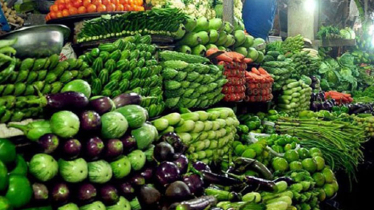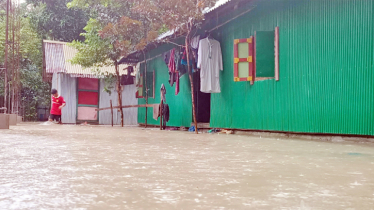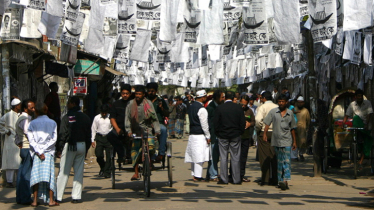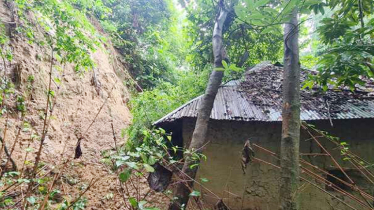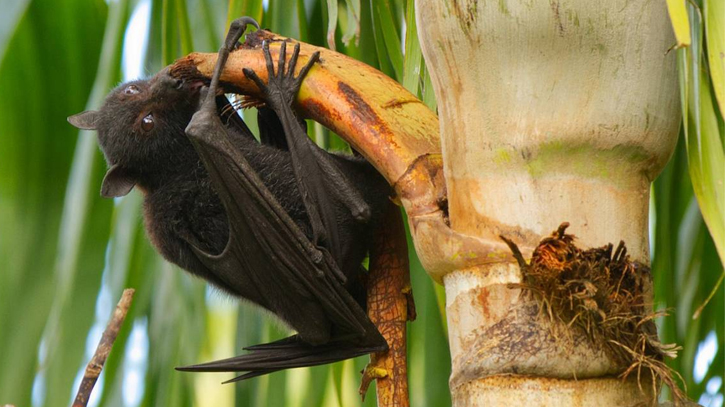
Photo : collected
Winter has arrived, bringing with it the looming threat of Nipah virus in villages due to the practice of consuming palm juice. Adding to the concern is the discovery of Nipah virus in a new district of Bangladesh during the last winter season (from December to April). As of now this year, Bangladesh has reported 14 cases of Nipah virus infection – thereby resulting in 10 fatalities. The districts where date palm juice is primarily collected show a higher prevalence of Nipah.
In Bangladesh, the fatality rate among those infected with the Nipah virus is alarmingly reaching up to 71 percent. The virus was first identified in Bangladesh in 2001, with 339 reported cases and 240 deaths since then.
Bats’ saliva is identified as the primary source of the virus, and it later spreads from person to person. The virus is notorious for causing rapid development of brain complications, leaving survivors with long-term neurological issues. Currently, 80 individuals in Bangladesh have been affected by Nipah, but managed to survive – albeit with distorted facial features. Some have recovered through physiotherapy.
The Institute of Epidemiology, Disease Control and Research (IEDCR) reported a new outbreak of the Nipah virus in Narsingdi district this year.
Neighbouring India also faced a significant toll, recording 101 cases and 74 deaths during the same period, indicating a high mortality rate of 73 percent. The origin of the Nipah virus traces back to its detection in pigs in Malaysia in 1999.
Experts attribute Nipah virus transmission to the consumption of raw date juice and fruits partially eaten by birds. They recommend boiling date juice to a temperature of at least 70 degrees Celsius before consumption. Advisably, one should refrain from eating partially eaten fruits. During an IEDCR meeting, a plea was made to halt the tradition of publicly consuming raw date juice, especially during festivals, as it inspires others to follow suit, unknowingly risking exposure to the Nipah virus.
The viral disease has spread to 34 districts across the country. Controlling the Nipah virus necessitates personal awareness, prompting the administration to launch extensive public awareness campaigns. If deemed necessary, laws or regulations may be implemented to prohibit the consumption of raw date palm juice. Simultaneously, efforts to identify and treat the disease must be intensified. It is important to emphasise that despite the absence of a Nipah virus vaccine, the high mortality rate mandates vigorous actions to curb its further spread.
Messenger/Fameema

